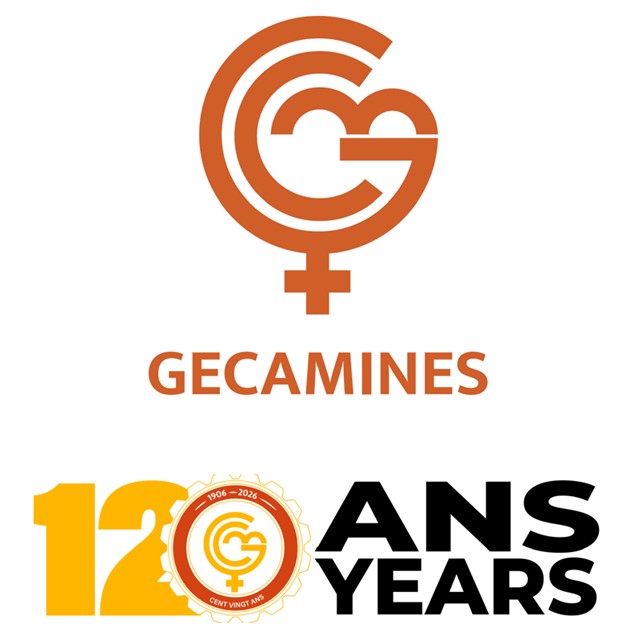Ravi Naidoo
CEO Virtualscape
Ravi is a Management Professional and serves as Executive and Non- Executive Director on various companies. He is the CEO of Virtualscape and is responsible for the Legal, Strategy and Executive Leadership portfolios of the innovative Technology Solutions business. Ravi is a member of the South African Chamber of Commerce and Industry (SACCI). He is a member of the Department of Trade of Industry (DTI) External Trade Mission for Exports. He holds a Bachelor of Social Science (Politics, Management) from the University of Cape Town and a Masters of Business Administration in Business Leadership and Sustainability from the University of Cumbria, UK. He is an alumnus of Robert Kennedy College, Switzerland (2012) as well as The Prince of Wales Institute for Sustainability Leadership, Cambridge University (2018). He currently reads for a Doctor of Management in Innovation & Technology Management (DMIT) through the Da Vinci Institute Business School. Ravi is a thought leader on creating strategic relationships with leading global businesses and government engagements. He has a special interest in renewable energies, mining and the industrialised agriculture sectors.
2026 Agenda Sessions
The challenge of aligning technology with life of mine
Explore strategies to align long-term mine planning with fast-moving tech lifecycles. How can lifecycle mapping, workforce upskilling, and smart vendor partnerships future-proof operations and unlock value today, but account for evolving technology in the medium to long-term?
Monday 09 February 09:05 - 10:00 Nubian Pyramids Stage (CTICC2 - Ground Floor - Exhibition Hall)
Disruptive technologies
Explore strategies to align long-term mine planning with fast-moving tech lifecycles. How can lifecycle mapping, workforce upskilling, and smart vendor partnerships future-proof operations and unlock value today, but account for evolving technology in the medium to long-term?
Nubian Pyramids Stage (CTICC2 - Ground Floor - Exhibition Hall) Africa/Johannesburg








-Logo_CMYK_1.jpg?width=1000&height=500&ext=.jpg)











.png?width=300&height=208&ext=.png)

_mi25-weblogo.png?ext=.png)

_1.png?ext=.png)



































_logo.png?ext=.png)


_mi25-weblogo.png?ext=.png)




